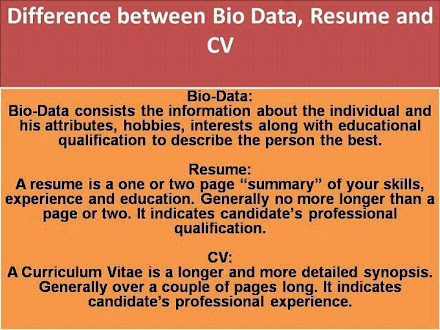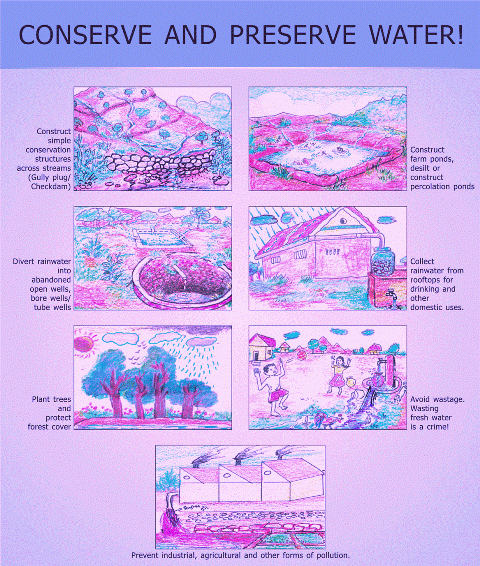The struggle goes on
After the initial hullabaloo, nothing has changed much for the tsunami affected
RAKESH MEHAR
Although the tsunami relief efforts received extensive coverage in the media in the immediate aftermath of the disaster, not much was really said about the dismal state of rehabilitation efforts in India. For the most part, the media either carried glowing stories of effective rehabilitation or wrote one off pieces on the problems involved, neglecting to outline the extent of failure of these efforts.
K.P. Sasi's The Time After Tsunami, a 38-minute documentary produced by Visual Search and Actionaid India in association with Voices from the Margins, seeks to set the record straight. The documentary is largely based on the testimonials and findings gathered by the People's Tribunal on Post Tsunami Challenges and Responses, which included eminent persons such as retired Justices H. Suresh (former judge of the Mumbai High Court) and D. Sreedevi (former judge of the Kerala High Court), former Chairperson, National Women's Commission Dr. V. Mohini Giri and Dr. Gopal Guru (professor, Jawaharlal Nehru University) and was assisted by a 13-member expert panel.
Speaking solely through expert opinion and statements of victims, it raises urgent questions on caste and religious discrimination, neglect of ancillary trades, victims' rights to dignity and proper living conditions, ownership of natural resources such as beaches and the larger issue of lack of transparency in disaster management efforts. While these questions have been raised before, their attribution to individual victims brings a dramatic immediacy to them. Seeing children play in puddles of sewage water and faeces in the relief camps, for example, drives home the point of horrible living conditions of the victims.
The documentary is stark and minimalistic, and has a raw, unpolished quality that works well in its favour. Juxtaposing expert comments with on-ground pictures, Sasi lets the facts speak for themselves, rather than telling the audience anything himself. Every testimonial is also excellently interspersed with montages of the worst hit areas, with images like broken catamarans and ruinous shells of houses that imprint themselves on the mind. Even if one were to forget the factual information presented in the documentary, the images are almost impossible to get out of one's head. One recurrent sequence of a fisherman struggling to row through the tide, in particular, embodies the struggle that continues for these victims a whole year after the disaster struck. The background score keeps with the starkness of the documentary, with a single female voice singing a wordless tune through most of the documentary.
However, while The Time After Tsunami lucidly outlines the problems involved, it does not attempt to provide any solutions, particularly to the larger, more universal problem of lack of transparency. Most of the suggestions that do come through are stopgap measures that deal with the problem at hand, but do not provide a model for future situations. In that sense, it fails to rise above the present conflict and address the larger perspective.
Irrespective of this minor failing, however, K.P. Sasi's The Time After Tsunami is an excellent film, beginning where the mainstream media and the interest of the nation left off.
Source: http://www.hindu.com/thehindu
Copyright © 2006, The Hindu






No comments:
Post a Comment